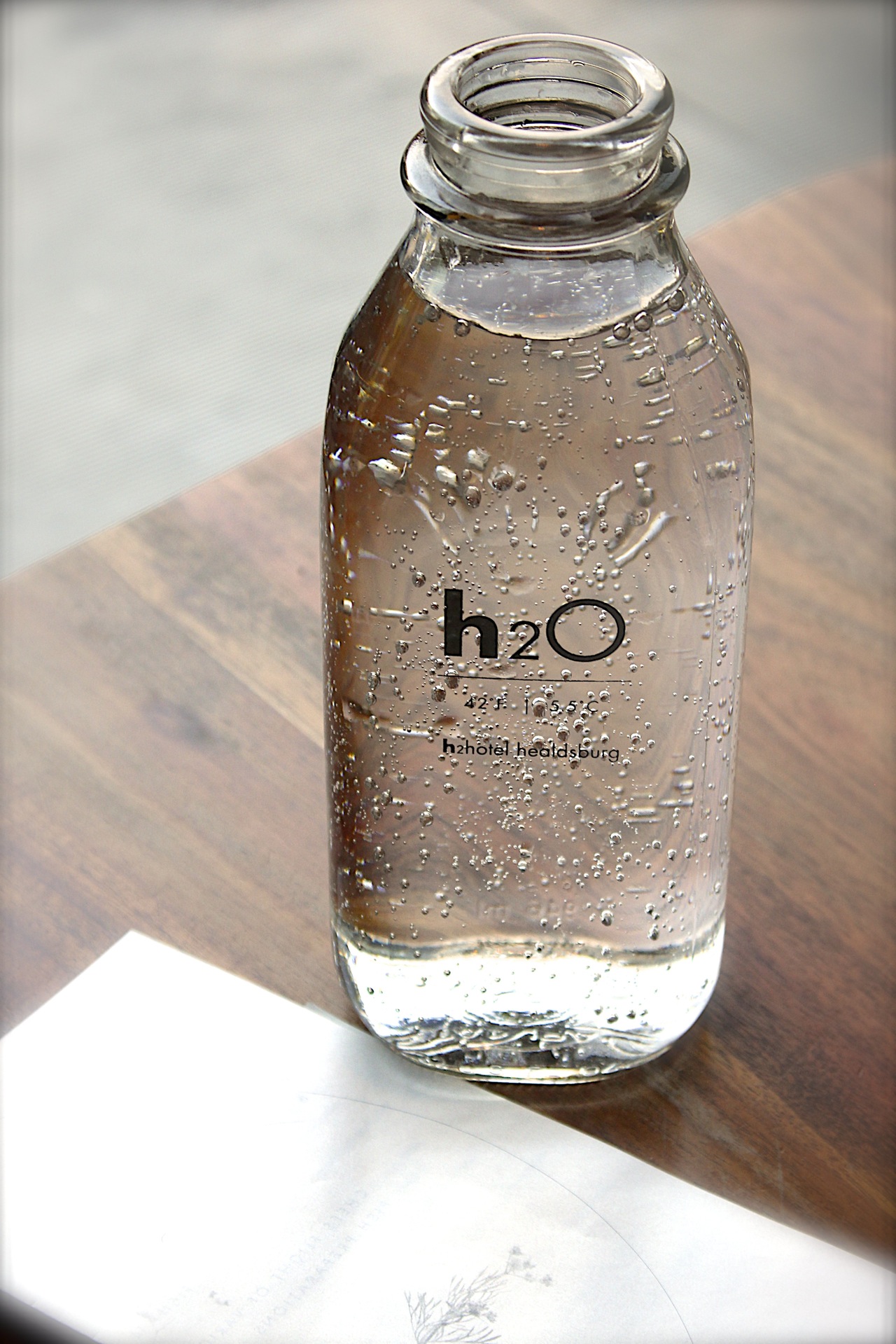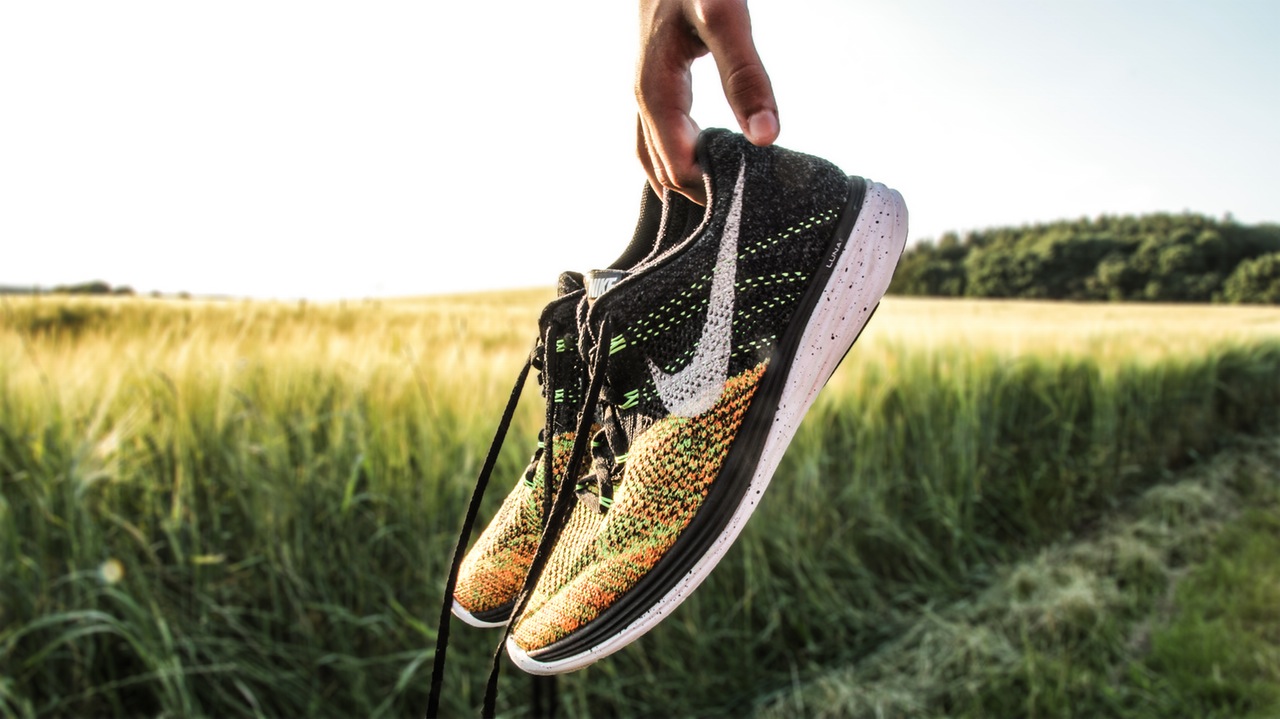
DOCTOR'S BLOG
How Much Water Should You Drink?
This is a simple question that I am asked frequently. The answer is: “It depends.” I’m sure most people have heard the rule to drink at least 8 glasses with 8 ounces of water a day. It is commonly expressed as the standard amount of water to drink. It depends on several things including your overall health, where you live, and what you are doing.
Water makes up about 60% of your body and is needed in every cell. Slight dehydration can zap your energy away. We can survive a long time with little or no food, but we must have water. Water is essential in flushing out toxins, transporting nutrients, and moisturizing our airways, skin, and joints.
The Institute of Medicine has published its recommendations. They have said that the average man needs about 13 cups (3L) of water a day and the average woman needs about 9 cups a day (2.2L).
There are several factors that can influence the amount of water you need. Moderate exercise may require another 1–2 cups of water. Extreme heat can increase your water demands. Illness such as vomiting or diarrhea increases water demands as well. Some health problems such as congestive heart problems or some types of kidney problems may require you to even consume less water.
Extreme sports such as running a marathon require close monitoring of your fluids and electrolytes. The electrolytes are basically minerals that your body needs to function correctly. A rare but potentially fatal problem for some marathon runners is hyponatremia. This is caused when someone has too much water and not enough sodium. It can lead to heart arrhythmias.
A practical way to monitor your hydration status is to monitor your urine output. You could actually measure the amount and it should be around 1.5 liters a day. A more practical way is to monitor the color of your urine. It should be clear or light straw colored. Darker urine may signify dehydration.
Water is in many things. On average, the food we eat accounts for about 20% of our water intake. Water is in milk, coffee, and other beverages. Some fruits such as watermelon are about 90% water by weight. We can get our daily requirement of water from several sources. Stay hydrated and you should feel a little better and will avoid some future problems.
Run to Remember: Life Lessons from My First Marathon
It has been 20 years since the bombing of the Oklahoma City Alfred P. Murrah Federal building in downtown Oklahoma City. One hundred and sixty-eight innocent lives were taken that day, and over 620 people were seriously injured. Countless numbers of lives were forever changed in a moment.
I, along with many of my fellow Oklahomans, believed that somehow here in the heartland, we would be immune to terror. I believed a myth that we were insulated and isolated from the insanity of mass murder. That myth was shattered at 9:01 on April 19th, 1995.
In typical Red Dirt fashion, we endured. We rebuilt. We have grown. We learned. Now we remember.
The Run To Remember is this weekend. We run to remember and to honor those 168 innocent souls and their families. The Run To Remember has been voted one of the top 12 must-run events. Thousands will be running and attending the event this weekend.
I was fortunate to be able to run the very first Oklahoma City Memorial Marathon and it was my first ever marathon. I had just turned 40 years old and found myself overweight, out of shape, and drifting. A friend from my church, Susan, challenged me to run. She had never been a runner and had just had her first baby. She was already signed up for the run and she challenged me in front of some friends. Not wanting to let my manhood be questioned, I accepted the challenge before I knew what I had really done.
I had never run more than maybe two or three miles at a time and generally did not enjoy running. I found it boring and painful. But I had committed to do this and she had witnesses to my commitment. I found an online program for beginning runners and began the plan.
I had no idea what I was in for. I imagined many things that I would soon experience, and some of them came true. I was, however, pleasantly surprised at the many lessons and life truths I learned in my training.
I learned that I could endure far more than I ever dreamed. I experienced worship in a new way. I made many new and lasting friends. My health improved. My energy improved. My attitude improved. I learned that most people, including myself, give up too easily. I learned that there is always someone faster than me! I learned that sometimes hard work is the reward. Success is often just around the corner.
This weekend, I am running the half. I will finish slower than I did last year. My goal is to beat the winner of the full marathon! It is going to be close!
If you have never been a runner, I want to challenge you to start. There are many positive health benefits and I believe you can learn many things about yourself.
Remember the 168 souls and their families.
3 Fueling Tips for Endurance Events
Marathon and half-marathon events are becoming more popular and are one of the fastest growing events in the USA. Oklahoma City hosts a premier event in April. The OKC Memorial Marathon was voted one of the 12 must-run marathons in the world by Runner’s World magazine. If you have never attended this event, I want to encourage you to take a trip to downtown OKC on April 26.
The following tips mainly apply to endurance events but are also applicable for routine workouts. These are general guidelines for hydration and fueling.
TIP #1
Do not drink too much water. One of the worst problems that can occur in an endurance event is hyponatremia (low sodium). This can have catastrophic consequences. It occurs when a runner drinks too much water and not enough electrolytes. (See tip #2.)
Your body can only absorb about 20–25 ounces of fluid an hour when you are exercising. If you drink too much, it can cause nausea, bloating, diarrhea, and other problems. Remember the 20–25 ounce rule. This is about the size of an average water bottle.
TIP #2
Replenish your electrolytes with a full spectrum, balanced, rapidly assimilated source. Electrolytes are the minerals your body needs to help with muscle contraction and a variety of other biological functions. A good source should contain adequate supplies of sodium, chloride, calcium, magnesium, potassium, and manganese. Salt tablets only provide sodium and chloride. Your body needs much more than just salt.
I use a product from Hammer Nutrition called Endurolytes. It has the full spectrum of electrolytes that you will need during your event. If you sweat heavily, these can keep you from cramping. They also have a drink that I prefer called Heed. I like it better than other commercial products because of the low sugar content and Heed uses maltodextrin as its energy source. This is easy on your digestive tract and is rapidly absorbed.
TIP #3
Fuel your body with an appropriate energy source. Do not use candy bars to fuel your body during an endurance event. I am always amazed at how many people I see eating chocolate or a Snickers bar for fuel. It is a great way to crash or bonk. Look for a fuel that has a complex carbohydrate as its main energy source. Many runners and bikers will use gel packs. I have found them to be convenient and easy on the gut.
You can overdo this as well. You should try to limit your caloric consumption to about 150–200 calories an hour while exercising. If you consume more than this, it can lead to GI distress and your performance can be hampered. Most athletes can only absorb around 150–200 calories an hour while exercising.
BONUS TIP
Try not to eat a meal before an event unless you have about 3 hours to digest it before the start. If you do not have enough time for a meal before the event, try consuming low fiber complex carbohydrates. I prefer eating a banana or using a gel pack. The idea is to maximize the glycogen in your liver.
Check out the OKC Memorial Marathon. It is a spectacular event. It is not too late to get a team together and run the course.
Wishing you an amazing life.





